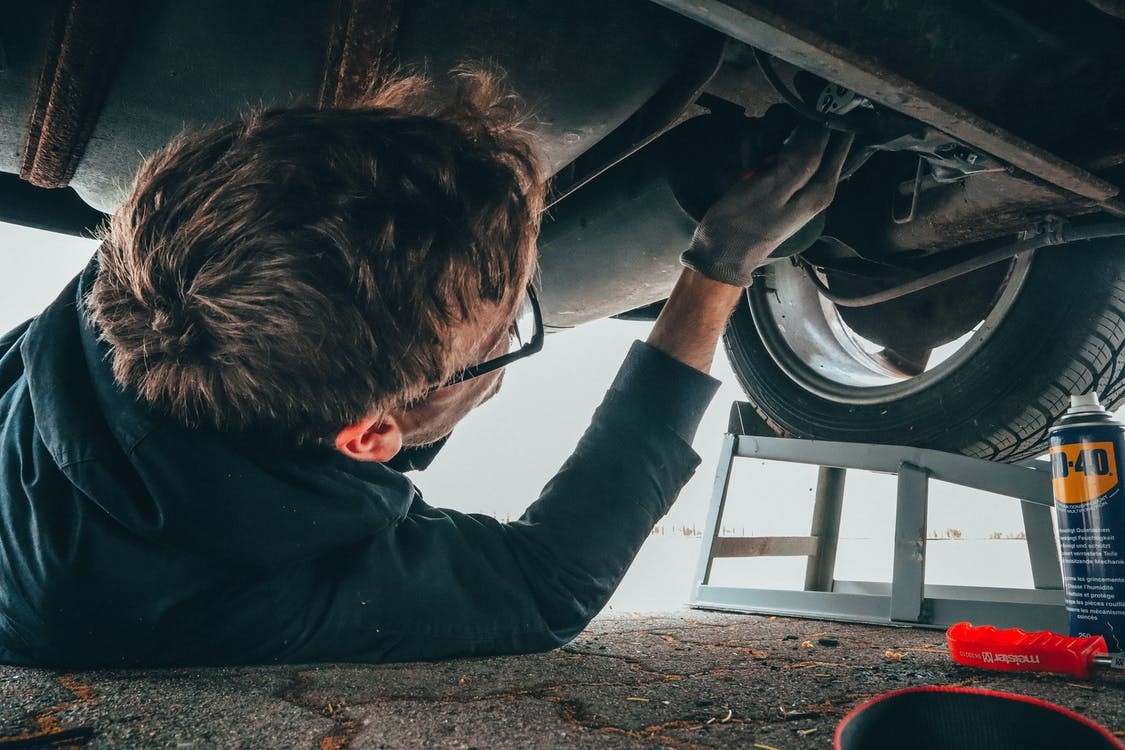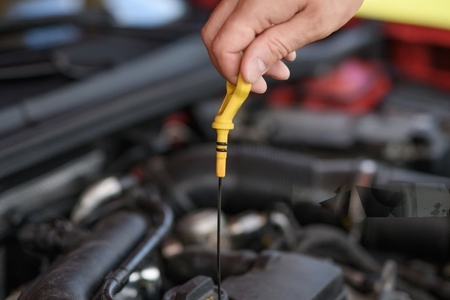Oil filter leakage is a common problem in many cars and can cause a range of engine problems if it is not attended to. Fortunately, this problem can usually be fixed easily by replacing the oil filter or checking for other causes of the leak.
How Do You Know If Your Oil Filter Is Leaking?
The most common symptom of oil filter leakage is an oil puddle forming beneath your car when you park it. In extreme cases, the leaking oil may also be visible on other parts of the engine, such as the exhaust manifold or spark plug wires. If you see any signs of leaking oil, then it’s time to take a closer look at the oil filter.
What Causes Oil Filter Leakage?
The most common cause of oil filter leakage is a bad seal between the engine and the filter itself. Over time, this seal can become worn or loose, allowing oil to escape from the system. Other possible causes include a clogged or faulty filter, an improperly installed filter, or a damaged oil pan gasket.
10 Ways To Prevent Oil Filter Leakage?
1. Use OEM oil:
OEM oil is designed to provide maximum protection for your engine and other key components. It’s formulated to meet the specific needs of modern engines, providing a higher level of lubricity than conventional oils. OEM oil also offers superior protection against deposits, corrosion, foaming, sludge, and wear. The additives used in OEM oil are specifically designed to provide maximum protection and performance while minimizing wear and tear on your engine. By selecting the right oil for your vehicle, you can maximize its performance and reliability over the long term.
2. Change your oil filter regularly:
It’s important to change your oil filter on a regular basis, as it can become clogged with debris over time and cause problems like leakage. Changing the filter regularly will also help to ensure that your engine is getting the maximum benefit from the oil you are using.
3. Inspect your oil filter for damage:
It’s also a good idea to inspect your oil filter periodically to check for any signs of damage or wear. This includes looking for cracks, tears or other signs of damage. If you notice any issues, then it’s best to replace the filter as soon as possible.
4. Make sure the oil filter is properly installed:
Oil filters are an essential part of any car’s engine, as they work to remove contaminants from the oil that lubricates the engine. Without a properly installed filter, the oil will become contaminated more quickly and can cause damage to your vehicle. Additionally, if the filter isn’t working properly, it won’t be able to do its job and the engine won’t be as efficient. So, it is important to ensure that the oil filter is properly installed in order to keep your car running efficiently and protect it from any potential damage.
5. Check for debris in the filter:
It is also important to check for any debris or blockages inside the filter that could be causing problems. If your oil filter looks dirty, then it might be clogged with contaminants and should be replaced as soon as possible.
6. Make sure the oil level is correct:
The oil level in the filter is important for a number of reasons. First, it helps ensure that the filter is working properly and filtering out contaminants before they reach the engine. If there isn’t enough oil, the filter can become clogged and degrade engine performance. Second, low oil levels can also lead to leaks from the filter itself, causing oil to leak onto the ground and creating a hazard for the environment. Finally, having too little oil in the system can cause it to overheat, leading to further damage and costly repairs. For these reasons, it is essential to check the oil level regularly and ensure that there is enough oil present in the filter. This will help ensure optimal engine performance and help prevent any costly repairs.
7. Use the right grade of oil:
Using the wrong grade of oil in your engine can cause a variety of problems, including filter leakage. Different engines require different viscosity grades of oil to operate safely and efficiently, so make sure you are using the correct one for your car. Additionally, if you use synthetic oil it is important to use the right viscosity grade as this will ensure that it can flow through your oil filter easily, preventing any blockages or clogs.
8. Check the gasket for damage:
The oil filter is held in place by a rubber gasket, which can become damaged over time and cause a leak. You’ll need to check the gasket regularly for any signs of wear or tear. If you notice any damage, it’s best to replace the gasket right away in order to prevent leaks.
9. Regularly inspect and replace your oil filter:
Regular inspection and replacement of your oil filter is key in ensuring that your engine is running at its best. Not only will it help keep your engine running smoothly, but it can also save you money on costly repairs in the long run. So make sure to check and replace your oil filter as necessary.
10. Dispose of old filters properly:
Finally, when replacing your oil filter it is important to dispose of the old filter properly. Oil filters contain hazardous materials that can be damaging to the environment if not disposed of correctly, so make sure to take it to a certified recycling facility or auto parts store for proper disposal.
Therefore good maintenance of an oil filter is essential for the efficient and safe operation of a car. By following these 10 steps, you can ensure that your vehicle’s oil filter is always in top condition, free from any debris or blockages, and full of clean oil that is free from contaminants. This will help keep your engine running smoothly and save you money on costly repairs in the long run. So make sure to check and replace your oil filter regularly for optimal performance!
Wrap Up
Maintaining your car’s oil filter is an important part of keeping it running efficiently and safely, so make sure you are regularly inspecting and replacing it. By following the 10 steps outlined above, you can ensure that your engine is getting the cleanest oil possible, helping to protect your vehicle from unnecessary damage and costly repairs. So don’t forget to check and replace your oil filter as necessary!




